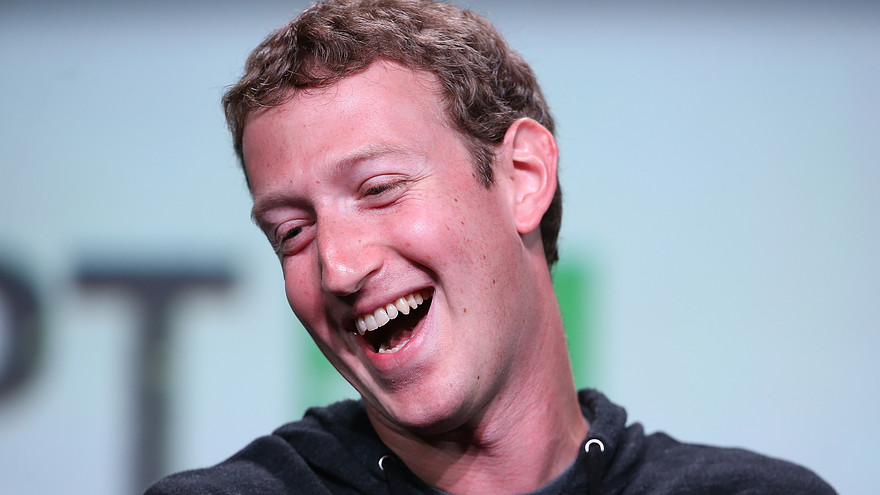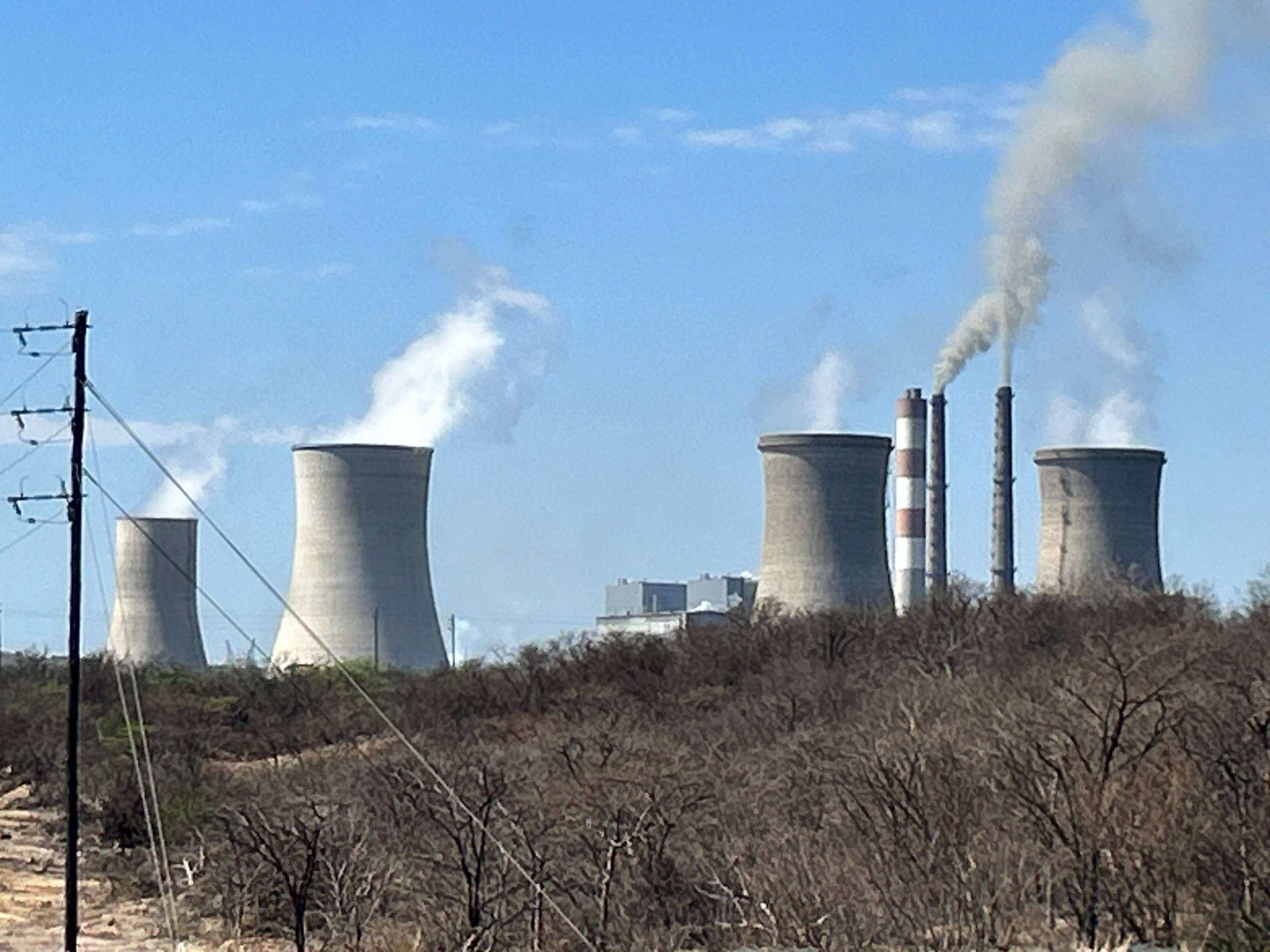Earlier this year the government ordered the Postal and Telecommunications Regulatory Authority (POTRAZ) to install a call monitoring system or Telecommunications Traffic Monitoring System (TTMS). The pretext or reason for this move was revenue assurance to keep mobile network operators (MNOs) honest.
Now, as far as we know there is no reason for this because there has been no reported instance of MNOs cheating POTRAZ. Econet, Telecel and NetOne report regularly to POTRAZ and those findings are published in quarterly documents which detail the state of the mobile network operator space.
On top of that, MNOs are among the most regulated entities in the country. There is little they can do that doesn’t require the green light from the national regulator. However, this didn’t stop POTRAZ and the government from hastily looking for a revenue monitoring solution. The company that won the tender was Global Voice Group (GVG), which offers an array of products and service from revenue assurance all the way to SIM tracking.
When we reported on GVG we looked purely at its product offering and the privacy concerns its entry into the telecoms regulatory framework will bring. However, there are some other things you should probably be aware of when it comes to deals Global Voice Group has made elsewhere.
There were no figures given for the tender awarded to GVG
The announcement that POTRAZ and Global Voice Group had agreed on terms was not followed with how much this would cost the taxpayer. Seeing as there has been no update on how much PORTAZ will be shelling out for the call monitoring system. We can only draw from contracts that GVG has been involved in with telecoms operators. And if you were wondering if it has a footprint in Africa, you are correct but I’ll get to this more in-depth in a bit because there is a lot to unpack there.
So… the contracts that GVG enters into are not cheap by any means. In Ghana, for example, the company agreed to a deal of just over US$89 million over a five year period back in 2018. And in Lesotho GVG and the telecoms regulator there agreed to a US$36 million deal over 7 years. The amounts might differ because of the suites/packages that each country ordered and of course the total number of subscribers involved.
Now with those figures, we can assume that POTRAZ and the government will be shelling out in the tens of millions for GVG’s services.
Global Voice Group’s similar deals in Africa
There is quite a bit to unfurl when it comes to GVG and its dealings in Africa. The company has been contracted by (other than Zimbabwe) Tanzania, Ghana, Lesotho, Liberia, Guinea, Senegal to mention a few. As I am sure you know by now, the reasoning for it is much the same as Zimbabwe but from different angles.
The best way to describe GVG’s operations in Africa, with African telecoms and governments would be to look at what I think are the three biggest or most questionable cases the company was involved in, which are Liberia, Guinea, and Lesotho.
Liberia
Much like our own POTRAZ, Global Voice Group was brought on by the Liberian Telecommunications Authority (LTA) to monitor call traffic under the pretext of revenue assurance. The difference between our situation and Liberia is that they were more focused on international call traffic and the solution was an International Gateway Management System (IGMS).
Now, the strange thing is that the deal between LTA and GVG was signed in December 2011 and if you remember, three years later was when the Ebola outbreak happened in that region. According to a report by FrontPageAfrica, the ruling Unity Party netted a cool US$25 million during the height of the outbreak through GVG’s IGMS.
So… how did the Ebola outbreak allegedly net the Liberian ruling party tens of millions of dollars? To start off, all international calls were “taxed” at US$0.14 per minute. The revenue generated from that tax was divided between 3 parties. GVG reportedly got 40% of that (US$0.056 per minute), The Liberian Telecommunications Authority got the same share and a third party Conex Telecom got 20% ($0.028 per minute).
So, basically on top of LTA paying GVG for its services, there was a surcharge on international calls that was placed on the subscriber. And if you are wondering what Conex Telecom is, well… it’s a company that was set up in Liberia as GVG’s partner 5 days before the deal between LTA and GVG was signed according to the same report by the FrontPageAfrica. The company reportedly had ties to a businessman who was allegedly a silent donor to then Vice President Joseph Boakai’s presidential campaign.
Fast forward to 2013 when the Ebola outbreak hit and international calls to Liberia went through the roof because family and friends were in communication with those abroad. According to LTA’s revenue report, the authority made just over US$11 million that year. FrontPageAfrica estimated that the scheme raked in just over US$224 million during the Ebola Crisis and the parties involved reportedly walked away with fat wallets.
The Liberian governement’s response was to launch a full blown audit of the arrangement between LTA, GVG and Connex Telecom.
“If any illegal or inappropriate activity came out of the exercise, the audit with lay same to bare and the requisite actions will be affected by the government.”
Lenn Eugene Nagbe, then Liberian Minister of Information
As to the findings of the Audit, the Liberian General Audit Commission posted a lengthy Facebook post in 2018 concluding that whatever sums were collected from this were not shared by the abovementioned parties but were taken by the Liberian government. Make of that what you will…
Guinea
In 2016, GVG took the government of Guinea to the International Court of Arbitration because the latter just stopped paying the former, according to a report by Ecofin Agency. Now, this isn’t because the government of Guinea couldn’t pay GVG but the reason was the following:
“In May 2009, the French Post and Telecommunications Regulatory Authority (ARPT) signed a contract with the GVG group to provide the institution with adequate technical resources to control and tax incoming international and national calls, fight fraud, control the frequency spectrum, etc. But in 2014, the telecoms regulator stopped paying Global Voice Group, claiming acts of corruption, fraud and results that fell short of international expectations and standards.”
Guinea lost the battle and was ordered by the court to pay GVG US$20 million in compensation. However GVG was looking for a whole lot more money, according to a report by Commsrisk, the company wanted US$107 million from the West African nation.
It should be mentioned that the International Court of Arbitration doesn’t make decisions on matters like this. Its mandate is to act as a supervisory body that oversees proceedings. Guinea at the time was said to move the case for annulment at the Paris Court of Appeal. But a resolution on the issue was not, as far as we can tell, made public.
The point here is that Guinea stopped paying for a burdensome system and alleged corruption on the part of GVG and if the instance in Liberia is anything to go by, there may have been a fire to that smoke.
Lesotho
This final case is big because it is the most recent. According to a report by Public Eye, the chairman of the Lesotho Communications Authority (LCA) Motanyane Makara was suspended because of the tender awarded to GVG Group.
According to the report, Minister for Communications and Technology, Keketso Sello saw it fit to dismiss Makara at the beginning of this month because the tender awarded didn’t make sense financially. LCA reportedly has a yearly budget of M120 million (around US$9 million) for all its operations but it has to shell out nearly US$500,000 a month to GVG? Which adds up to about just under US$6 million, a full two-thirds of the LCA’s yearly budget.
Now, this case is more negligence on the part of the LCA’s chairperson and also leads to speculation of what could have induced Makara to enter into a deal that would have eaten so much of the Authority’s budget.
What of Zimbabwe?
The above isn’t to insinuate that POTRAZ’s deal with Global Voice Group went along similar lines. But is more to demonstrate that there is something off about the company and begs us to ask whether the Zim government or the already burdened telcos can afford whatever GVG offers.
Is POTRAZ in any position to bring on board a call monitoring system? One of the hallmarks of any government agency speech or announcement around financials is that they are always strapped for foreign currency. GVG will most certainly want to be paid in USD, so does it make sense for POTRAZ to do so, worse still when there is no evidence to back up wrongdoing on the MNOs side of things.
In fact, in all the examples given there was no evidence given to support onboarding a system that costs tens of millions to use. This looks to me like a trend that African Telecoms Authorities are copying from one another. Hopefully, the ink on this isn’t dry because this is a deal the authority might want to reconsider.
You should also check out:














Comments
4 responses
Guys do the guys at the top listen to advises like these i doubt but lets hope they do reconsider such deals because those M.N.Os are struggling to offer us quality service starting 2019 the network coverage and the quality has been deteriorating
In some instances when there is load shedding we are left with the 2G network only
Rather Potraz needs to help M.N.Os by subsidizing other costs faced by Our Operators for example Fuel for their Backup Generators upto to Their equipment
We all know the priorities for these guys are skewed !
GVG is a Fraud company, exploiting the African Leaders and country. They have the same modus operandi to bribe the Leaders.
https://www.ghanaweb.com/GhanaHomePage/NewsArchive/IMANI-exposes-another-sham-in-Kelni-GVG-deal-692567
This is the “best” or “ideal” partner for corrupt rulers. If you have all been following up on the Auditor General’s report you’ll find that in almost all the parastatals there’s huge unexplained missing funds. This deal is one the same. Even chiefs’ cars were over inflated